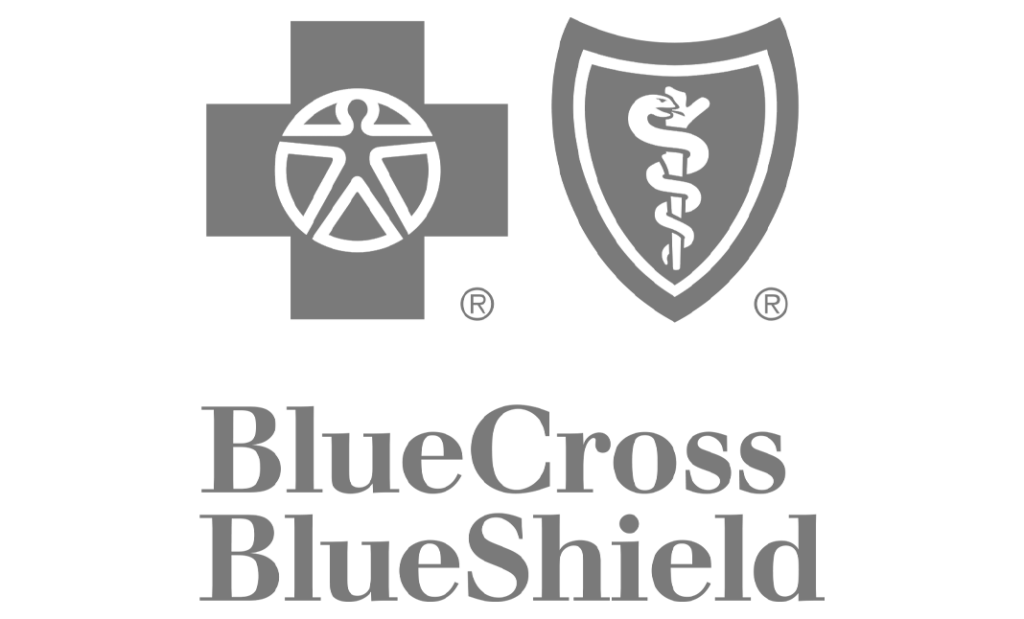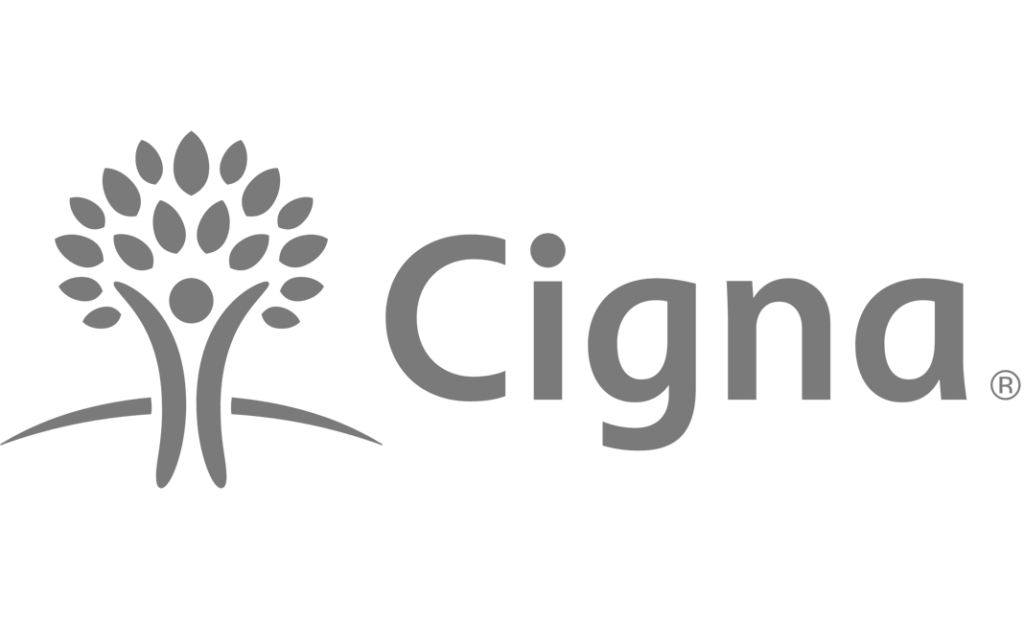Recovery From Alcohol Use Disorder in Mississippi Starts With Detox
The most recent National Survey on Drug Use and Health (NSDUH) informs us that many people in the United States are struggling with an alcohol use disorder (AUD). In 2022, 12.2 million females aged 12 or older reported that they had an AUD. Even more males in this demographic — 17.4 million — said they experienced an AUD in 2022.
When we break up this demographic into two groups, we can see exactly what is going on. For example, 281,000 boys aged 12 to 17 had an AUD in 2022, but there were 472,000 girls in this demographic. Men 18 and up with an AUD totaled 17.1 million compared to 11.7 million women aged 18 or older. These statistics tell us that teenagers and adults are having difficulties dealing with their substance use, and they need help.
What Is Alcohol Use Disorder?
Alcohol use disorder is classified as a brain disorder that prevents people from reducing their use of alcohol even though they are experiencing negative health consequences, difficulties at work or school, and trouble in their social relationships. As the disease progresses, alcohol causes changes within the brain. These changes can make those afflicted with AUD resume using alcohol if they manage to stop consuming the substance on their own.
The medical community can treat this brain disorder with behavioral therapies that are based on science. This means that researchers have studied these therapies and found evidence that people can overcome their addictions to alcohol with them. In addition to behavioral therapies, treatment centers offer group therapy and medication-assisted therapy (MAT) to treat AUD.
Who Is at Risk of Contracting an Alcohol Use Disorder?
Not everyone is at risk of contracting an AUD. If you are reading this article because you need help or are concerned about the well-being of a loved one, you or your friend or family member is among the demographic that is susceptible to AUD. People in this demographic include the following:
- You began drinking before the age of 15. According to a national survey, those who began drinking before the age of 15 were three times more likely to have an AUD than those who did not begin drinking alcohol until the age of 21.
- If you have a history of trauma or a mental health disorder, such as ADHD, PTSD or depression, you are also likely to develop an AUD. The medical community does not know which disorder develops first or if one causes the other.
- If there is a tendency for AUD in your family history, you have an increased risk of also contracting an AUD. Parental drinking behavior adds to this risk as well.
What Increases the Risk of Alcohol Use Disorder?
The U.S. Department of Health and Human Services recommends drinking in moderation. For women, this means no more than one drink per day; the safe limit for men is two drinks per day. When people drink more than these amounts, they increase their risk of experiencing an AUD.
Heavy Drinking
The National Institute on Alcohol Abuse and Alcoholism, or NIAAA, states that heavy drinking for a man is when he consumes five or more alcoholic drinks in one day or 15 or more alcoholic drinks in one week. A woman engages in heavy drinking when she consumes four or more alcoholic drinks in one day or eight alcoholic drinks in one week.
Binge Drinking
According to the NIAAA, a man engages in binge drinking when he consumes five alcoholic beverages in two hours. His blood alcohol concentration (BAC) increases to 0.08 or greater in that time. If a woman consumes four alcoholic drinks in about two hours, this brings her BAC to 0.08 or higher.
What Is Alcohol Withdrawal?
If you have been wondering why you cannot stop drinking alcohol even though you desperately want to do so, the answer is that you may have been drinking alcohol to excess for several years. However, it can also be difficult to stop if you have only been drinking for a couple of months or even weeks.
If you have tried to stop, you may have noticed physical or mental symptoms that you could relieve with alcohol. The symptoms that you were experiencing were “alcohol withdrawal symptoms.” You experience these symptoms because alcohol slows down the functioning of your brain. It interferes with the way that the nerves send messages back and forth to each other.
As alcohol causes these changes in your central nervous system, the brain becomes accustomed to the presence of alcohol. The body has to work much harder than it did without alcohol to ensure that your nerves communicate with each other so that you can remain alert and awake. If you were to stop drinking alcohol while your brain was expecting it, the body would send out withdrawal symptoms to get you to give the body what it needs.
The Reason You Cannot Stop
It is not your fault that you cannot stop consuming alcoholic beverages. The changes in your brain are responsible for your inability to cease alcohol use, so you have no reason to feel guilty. At Defining Wellness Centers, our alcohol detox center in Mississippi, our medical detox program will get you started on your road to recovery.
Medical detox is not a treatment for substance use disorder, but it is the first step that you must take before you can begin treatment for your AUD. While you are in our medical detox program, you will be in the safest place that you could be. That is because the detoxification process can be risky, so the medical community does not recommend that you undertake this step on your own.
Alcohol Withdrawal Symptoms
You may experience several of the following withdrawal symptoms during the detoxification process:
- The inability to think clearly
- Nightmares
- Mood swings
- Jumpiness
- Irritability
- Fatigue
- Depression
- Anxiety
Some people experience additional withdrawal symptoms, such as:
- Hand or other body tremors
- Sweating
- Rapid heart rate
- Paleness
- Vomiting and nausea
- Loss of appetite
- Insomnia
- Headache
- Dilated pupils
Delirium tremens is a more severe form of alcohol withdrawal. You are susceptible to experiencing it if you have been drinking for more than 10 years. If you drank 1 pint of hard liquor, 7 or 8 pints of beer or 4 or 5 pints of wine on a daily basis for several months, you will likely experience delirium tremens.
Symptoms of delirium tremens include the following:
- Seizures
- Hallucinations
- Fever
- Delirium or sudden and severe confusion
- Irritability or agitation
Because of the possibility of experiencing the serious withdrawal symptoms listed above, the best place for you or your family member to be is in our alcohol detox center in Mississippi. Some of these symptoms may be life-threatening, so it is not safe for you to try to detox on your own. When you are in medical detox, our physician, nurses, clinical staff, and therapists will all observe you to make sure that they can make you as comfortable as they possibly can.
In our medical detox program, you will not have to undergo the uncomfortable withdrawal symptoms listed above. Our staff will administer medication that will reduce the symptoms enough to allow you to sleep.
After Medical Detox
After you are finished with the medical detox program, your treatment for your alcohol use disorder is not over. Substance use disorder is a chronic condition from which you cannot recover in a week or a month. It requires ongoing treatment. That is because alcohol use disorder is a relapsing disorder, meaning that you are highly susceptible to returning to your use of alcohol even if you have successfully quit.
For continuation of your treatment, we offer counseling and therapy in individual and group settings. In these sessions, you learn about the nature of your addiction and the reasons that you became addicted to alcohol in the first place. They also offer you a tremendous amount of support that allows you to enter into recovery and remain there for as long as possible.
Comorbidity
When a person is diagnosed with a substance use disorder and a mental health disorder at the same time, this is known as comorbidity or a dual diagnosis, and it is pervasive. If you or your loved one has a mental disorder, we must treat it and your alcohol use disorder at the same time for the best outcome.
Of a total of 20.3 million U.S. adults who have been diagnosed with substance use disorders, 37.9% also have mental health disorders. Of 42.1 million adults who have been diagnosed with mental health disorders, 18.2% also have substance use disorders. This adds up to 7.7 million American adults who have been diagnosed with both a substance use disorder and a mental illness.
At Defining Wellness Centers, we offer dual diagnosis treatment so that we can treat both disorders. We will evaluate you for a mental health disorder when you arrive at our facility.
Inpatient Rehab
Inpatient rehab is the highest form of treatment for a substance use disorder, and it is the right option for you if you have been drinking alcohol heavily for several years. Since there is the possibility that you may also have a mental health disorder, this gives you even more reason to choose inpatient rehab.
Inpatient rehab also offers the surveillance clients need when they have a substance use disorder. We also offer partial hospitalization, but if you believe that you would be in danger of visiting the friends and places you used to go when you were drinking, inpatient rehab would be a better option for you.
What Is Evidence-Based Treatment?
Evidence-based treatment uses research to select the approach that the treatment provider will take to treat your alcohol use disorder. These approaches are remarkable because science has shown that these approaches and techniques are effective for treating alcohol use disorder. Evidence-based practices include medication-assisted therapy, cognitive behavioral therapy (CBT) and family therapy.
A growing body of research shows that family therapy is an effective way to treat substance use disorders, and you will be welcome to participate in it in the inpatient rehab program. You will also receive CBT and possibly other evidence-based therapies for the treatment of your substance use disorder.
If you need help with an alcohol use disorder or are seeking a safe place for your loved one, contact us at the Defining Wellness Centers, where we provide the care people need to start on the road to recovery.










